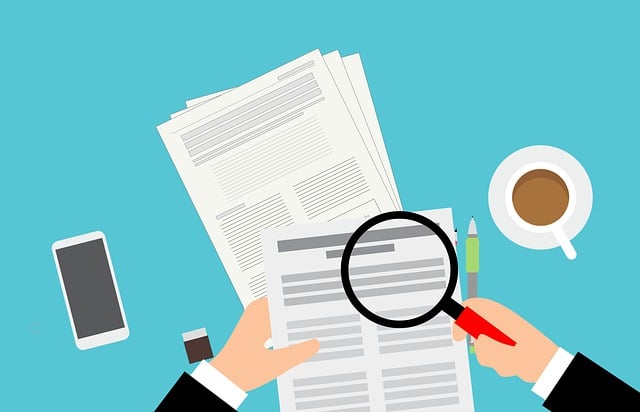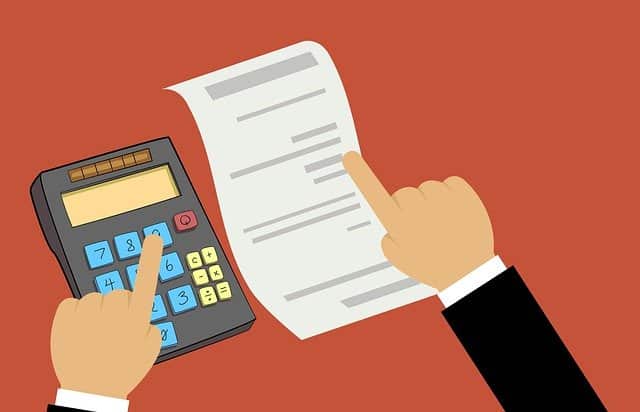
A comptroller is in charge of reviewing the official accounts.
The term comptroller has different meanings depending on the region . On the American continent, the official who is dedicated to reviewing official expenses and accounts is called comptroller.
With etymological origin in the French word contrôleur , a comptroller is an auditor . This person, appointed by a consulting firm or an authority, works by inspecting and evaluating the results of the financial management of an entity .
Responsibilities of a controller
The controller is responsible for presenting a report on the balance sheets, and may make suggestions to optimize administration. In several countries, meanwhile, there is the Comptroller General of the Republic to supervise compliance with the processes linked to the budget and the administration of the State .
In Chile , for example, the comptroller general is appointed by the president with the agreement of the Senate. The comptroller general , who must be a lawyer and meet certain requirements, serves for eight years.
The comptroller general of Peru , meanwhile, has a mandate of seven years. Its responsibility is to direct the supervision of the management and use of state assets and resources.

In many cases, the controller fulfills the same role as an auditor.
Different functions
Furthermore, in some nations, the inspector or observer who controls various issues is called comptroller. That is why we talk about environmental controller , food controller , etc. In each case, this professional has different powers and must carry out various types of evaluations .
The idea of comptroller also appears in the military field. Long ago, the controller who was in charge of the army hospitals and the artillery corps, examining the account books, was called comptroller.
Controller in companies
Currently, the role of the controller is also of great importance in the private sector, in companies. Among the tasks that you are expected to carry out on a daily basis are the following, which are all those actions that are oriented towards the management of the company:
* proposal of control mechanisms to improve company performance ;
* optimization of internal functioning and its many processes;
* supervision and evaluation of those who implement internal policies and protocols;
* make corporate strategy planning easier for company directors.
In recent times, this profile has gone through various changes, which have made it increasingly important within the company. In its origins, it focused mainly on the development of management indicators , but currently its performance is fundamental for market strategies and directly influences the decisions of the highest-ranking employees.
Training and skills
Regarding the training of the controller, a higher university degree is usually required, ideally with a Master's degree. Previous experience in positions related to internal audit or management control is also required. This is not enough, as there is a list of technical competencies that you are expected to be able to carry out successfully, among which analytical accounting, tax law and cost analysis stand out.
There are also other, complementary ones, in which you should have a high level of performance since they are essential for your work to generate a deep favorable impact on the company:
* analysis and decision making : necessary for the actions that are undertaken based on the analysis of the data;
* communication and negotiation skills : when pursuing better financial conditions for your company;
* leadership : it is an absolutely necessary competence for the controller who must work at the head of a team;
* optimization : you must manage the company's resources to draw up the best possible strategies;
* teamwork : since interaction with members of other departments is common in your tasks, you must work with openness and flexibility to enhance your own skills with those of your colleagues .
